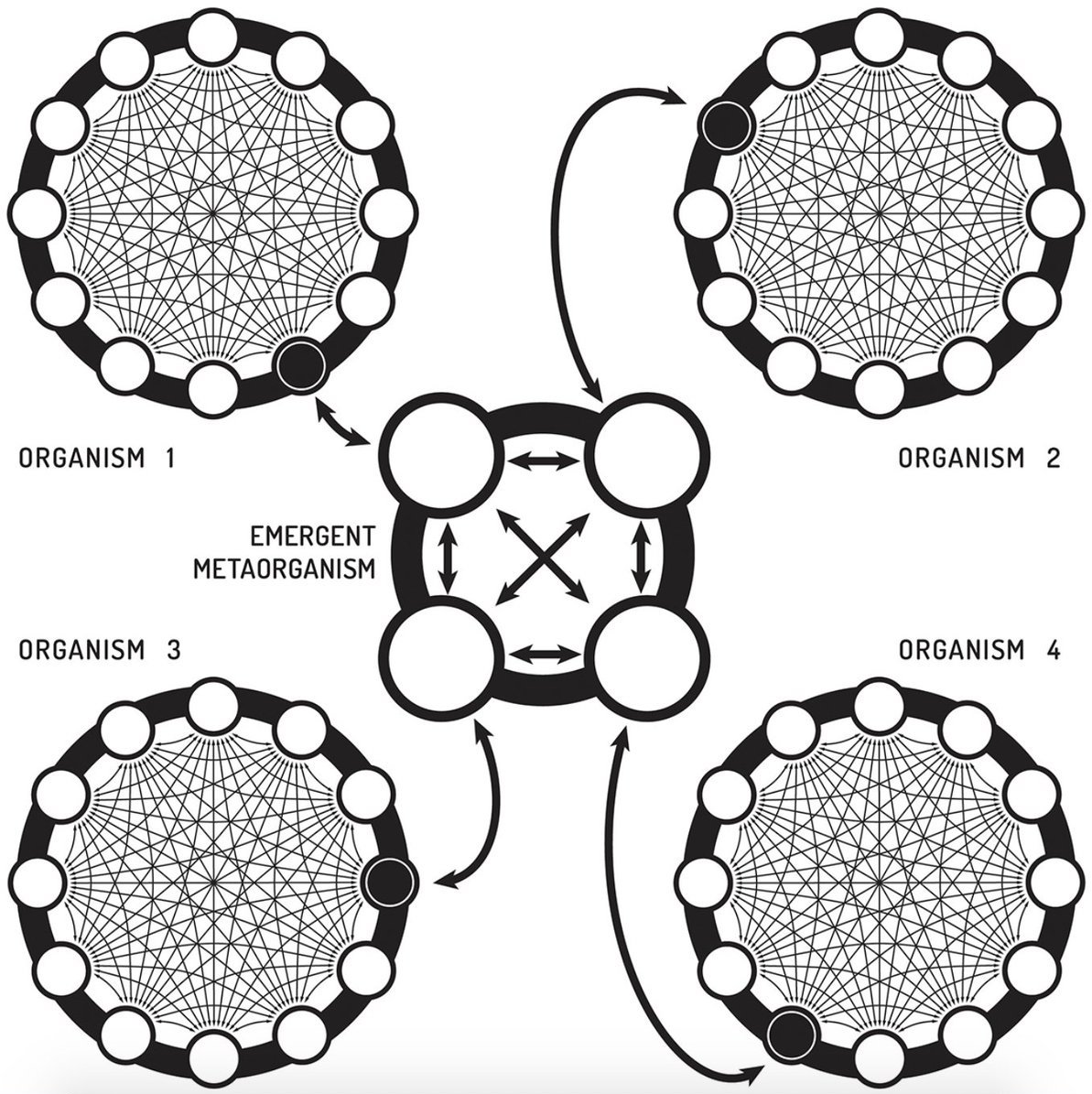Crypto
The Meaning of Decentralization
- Decentralization isn’t just a tech gimmick; it’s a radical shift in how digital systems operate and are governed.
- Three Facets:
- Architectural: Spreading computing power across numerous nodes, akin to a distributed workforce.
- Political: Diluting control from a centralized authority to a wider network of stakeholders.
- Logical: Shifting from a monolithic system design to a network of independent, inter-operable units.
Real-World Correlations
- Diverse Implementations: The concept isn’t abstract. It’s mirrored in organizational structures, governance models, and even languages, offering practical insights into decentralized operations.
The Rationale for Decentralization
- Robustness through Fault Tolerance: Like a mesh network, decentralized systems aren’t crippled by a single point of failure.
- Enhanced Security: A decentralized architecture inherently resists attacks and manipulation due to the lack of a central weak spot.
- Preventing Power Imbalances: It’s about distributing power to prevent a minority from dictating terms to the majority.
Overcoming Decentralization Challenges
- Diversification is Key: Employing various software solutions and diverse team compositions reduces centralization risks.
- Security through Innovation: Adopting protocols like proof of stake over proof of work and ensuring global team distribution enhances system defense.
- Balancing Acts: Encouraging collaboration while avoiding detrimental collusion requires clear guidelines and a strong community ethos.
Blockchain and Decentralization
- Web 3.0 Philosophy: A user-centric internet, driven by token economics.
- Ethereum’s Blueprint: A decentralized computing platform enabling trustless operations through smart contracts.
- NFTs & Digital Ownership: Empowering users with true digital asset ownership, ranging from art to digital rights.
- Tokenization for Incentivization: Aligning network growth with user interests through token economics.
- DAOs as a Paradigm: Organizations run by code, where decision-making is democratized and member-driven.
Final Thoughts
- Decentralization’s Essence: It’s about designing systems that are adaptable, fair, and resilient against centralization pitfalls.
- Unlocking Blockchain’s Promise: Grasping decentralization is critical for leveraging blockchain technology in creating a more balanced, secure digital ecosystem.
- The Technologist’s Role: Understanding and implementing decentralization is essential in driving the next phase of blockchain innovation, far beyond mere technological advancement.
In essence, decentralization isn’t just blockchain’s backbone; it’s the vision that will propel it into a more equitable and efficient future. For technologists and innovators, it’s not just about building new systems but reimagining how digital networks operate at their core.
Key Reads
- Bitcoin Whitepaper
- Ethereum Whitepaper
- The Hitchhiker’s Guide to Ethereum
- DAOs are not corporations: where decentralization in autonomous organizations matters by Vitalik Buterin
- Hyperstructures by Jacob Horne
- Credible Neutrality As A Guiding Principle by Vitalik Buterin
- Ethereum Learn Material
- Why Decentralization Matters
- Computer Science Course (CS50 by Harvard)
- Coursera Algorithms Course
- Solidity Course: Crypto Zombies
- The rules to make the rules
Crypto thesis
Recommended Resources
- The Meaning of Decentralization
- DAOs, DACs, DAs and More: An Incomplete Terminology Guide by Vitalik Buterin
- Moving beyond coin voting governance by Vitalik Buterin
- DeSci Wiki - helpful links and information on decentralized science
- The Promise of DAOs, the Latest Craze in Crypto (New yorker)
- Seed Club DAO Podcast
- Aaron Wright: The LAO – DAOs From a Legal Perspective
- The patterns on zodiac.wiki describe common problems and offers practical responses for organizations
- TheBlockResearch: one of the best sources to learn about crypto, themes and projects
- DelphiDigital: great reports and deep dives on crypto topics, many paywalled though
- Messari Research: great articles on crypto
DAOs
“A decentralized autonomous organization (DAO), is an organization represented by rules encoded as a computer program that is transparent, controlled by the organization members and not influenced by a central government. A DAO’s financial transaction record and program rules are maintained on a blockchain.” - Wikipedia
Science and Impact DAOs
- VitaDAO: DAO/community funding longevity research and initatives
- labDAO: DAO/community/protocol enabling easier access to labs, cloud labs etc.
- Gitcoin: DAO/community developing/funding public goods. Popularized quadratic funding and became popular for funding critical open source software, especially around the Ethereum ecosystem.
—

